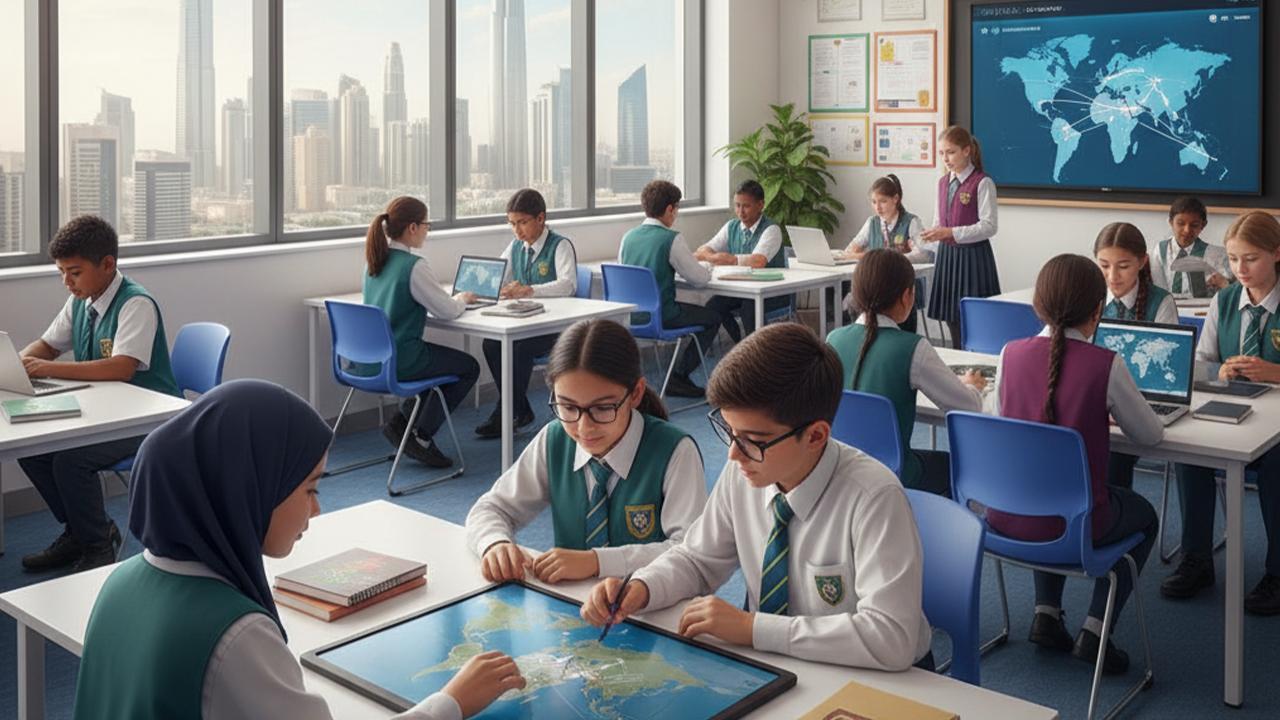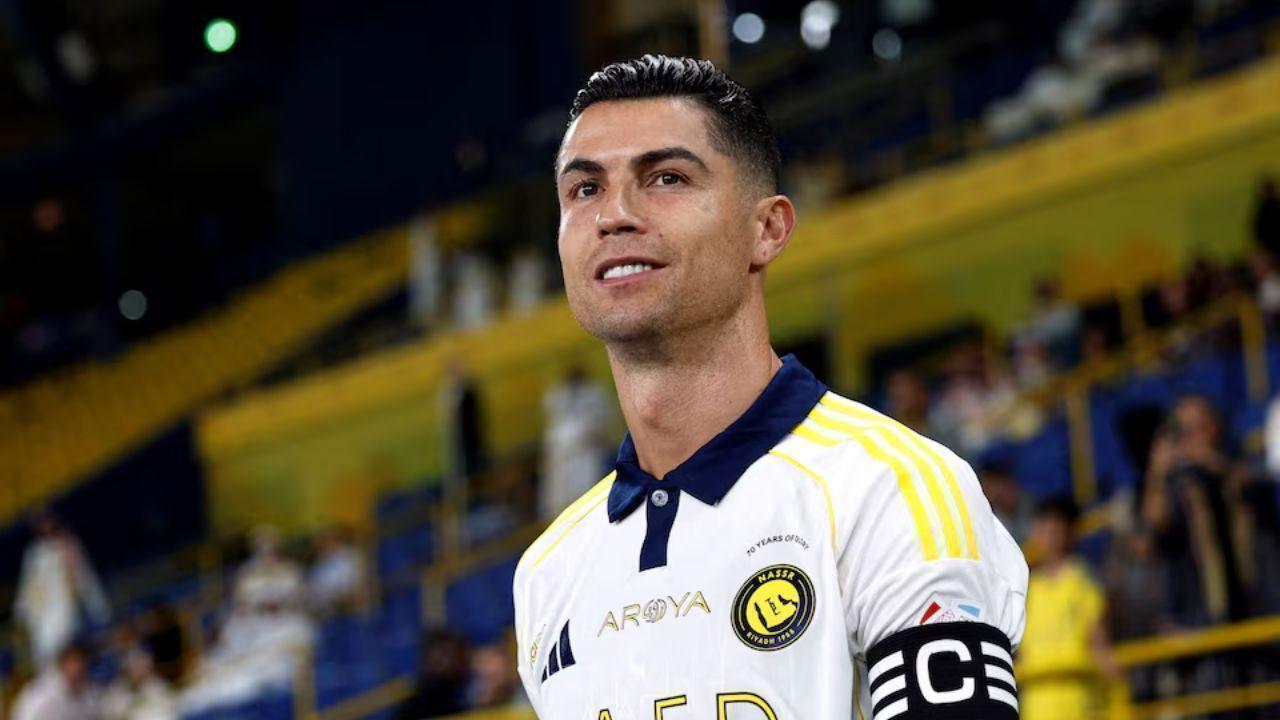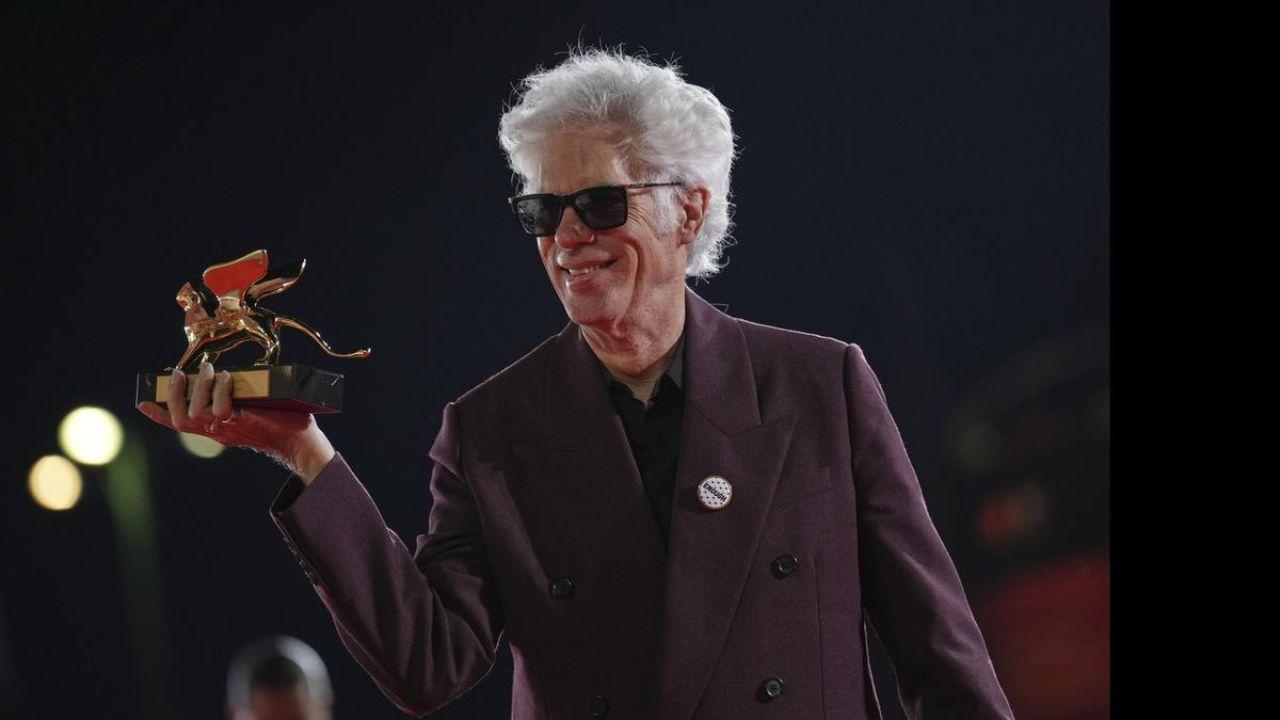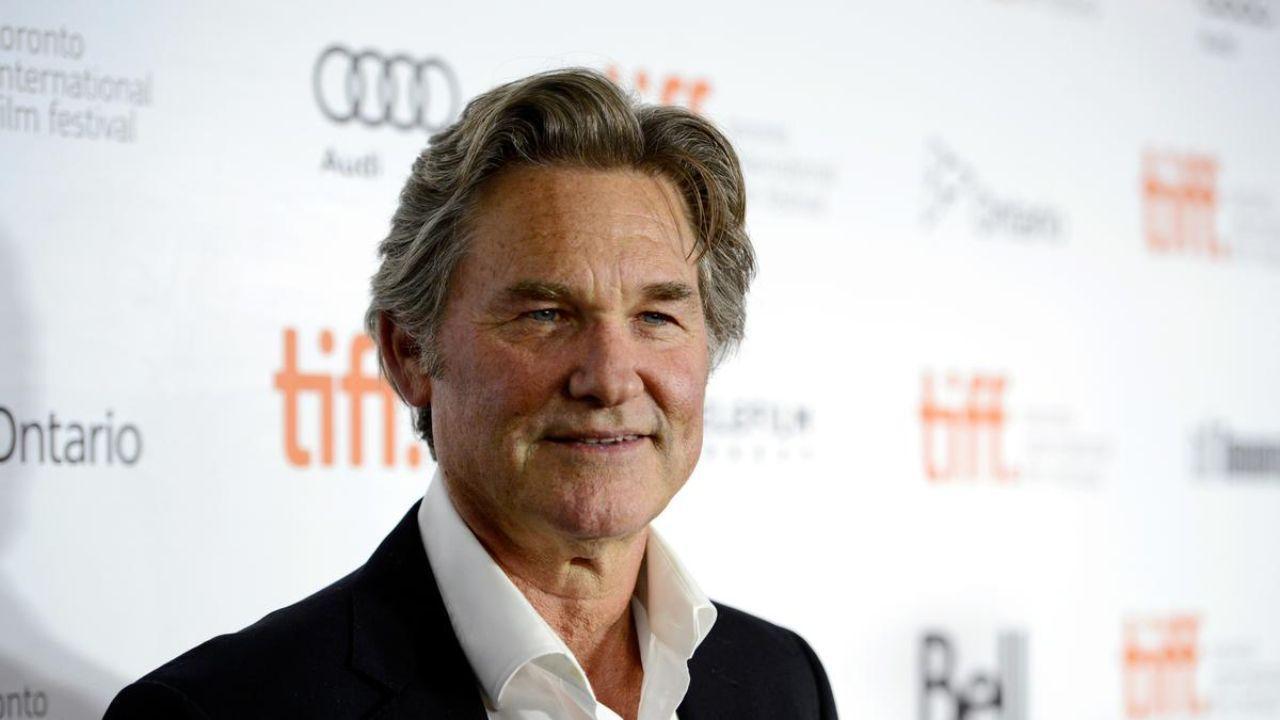
Post by : Zayd Kamal
The Olympic Games started in ancient Greece around 776 B.C. They were held in Olympia, a place dedicated to the gods. These early Olympic Games celebrated Zeus and featured events like running and wrestling.
In 1896, the Olympic Games were revived by Pierre de Coubertin. The first modern Olympics took place in Athens, Greece. This marked the return of the Olympics with 13 countries and 43 events.
Over time, the Olympic Games grew with more countries and sports. New events like gymnastics and swimming were added. The Winter Olympics started in 1924, bringing winter sports like skiing and ice hockey to the Games.
Technology has played a big role in the Olympic Games. From early photographs to live TV broadcasts, technology has helped share the Olympics with a global audience. Modern Olympic Games use advanced timing and replay systems.
Today, the Olympic Games unite people worldwide. The Olympics promote international friendship and highlight important issues like gender equality. The Olympic Games are a global celebration of unity and competition.
The Olympic Games will keep evolving, adding new sports and embracing new technologies. Despite changes, the core values of the Olympics—excellence, friendship, and respect—will continue to shine through in future Games.

The Olympic Games began in ancient Greece around 776 B.C. They were held in Olympia, a special place dedicated to the god Zeus. This marked the start of the ancient Olympics, where athletes competed to honor the gods.
The ancient Olympics were not just about sports. They were also a religious festival celebrating Zeus. The games included events like running, wrestling, and chariot racing, all held to show respect to the gods.
The Olympic Games were held every four years, a tradition known as the "Olympiad." This cycle was crucial to the ancient Olympics, making it a significant part of Greek culture and timekeeping.
Athletes from different Greek city-states came to compete in the ancient Olympics. It was a time when rival city-states set aside their differences to participate in these grand games.
Winners of the ancient Olympics were crowned with olive wreaths, a symbol of victory and honor. These wreaths were a mark of respect and achievement, showing how important the games were in Greek society.
The ancient Olympics continued for nearly 1,200 years until they were banned in 393 A.D. by the Roman Emperor Theodosius I. Despite their end, their spirit lived on, inspiring the modern Olympic Games we know today.

In 1896, the Olympic Games were revived thanks to Pierre de Coubertin, a French educator. He wanted to bring the ancient tradition of the Olympics back to life, promoting peace and unity through sports.
The first modern Olympic Games took place in Athens, Greece. This city was chosen to honor the origins of the ancient Olympics and celebrate their return.
The 1896 Olympic Games featured 13 countries and 43 events. It was a small but significant start compared to the grand events we see today.
Many traditions from the ancient Olympics were revived, like the four-year cycle of the Olympic Games and the emphasis on sportsmanship and excellence.
Since the revival, the Olympic Games have grown rapidly, adding more countries and sports over time. This growth has helped the Olympics become one of the most famous and loved sporting events in the world.
The revival of the Olympic Games has led to a global celebration of sports, bringing people from all over the world together to compete and cheer for their countries.

The Olympic Games have grown significantly over time. Initially starting with just 13 countries, the Olympics now feature athletes from nearly every nation. This global participation highlights the expanding popularity of the Games.
Over the years, the Olympic Games have introduced many new sports. From the early days of running and wrestling to modern additions like skateboarding and surfing, the Olympics keep adding exciting new events.
The introduction of the Winter Olympics in 1924 was a major step in the Olympics' growth. These games feature winter sports like skiing and ice hockey, broadening the scope of the Olympic Games and attracting more viewers.
The Olympic Games have embraced technology to enhance the experience. Innovations like instant replay, advanced timing systems, and live broadcasts make the Olympics more exciting and accessible to fans around the world.
The Olympic Games are held in various cities across the globe. Each host city brings its unique flavor to the Olympics, showcasing different cultures and boosting the global reach of the Games.

Modern Olympic Games use advanced timing technology to ensure accurate results. High-speed cameras and electronic sensors track every moment of the action, making sure that every race or event is timed perfectly.
Olympic Games have embraced instant replay technology. This allows viewers to see exciting moments again and helps judges make the right calls by reviewing footage from multiple angles.
For the first time, Olympic Games are exploring virtual reality. This technology helps athletes train in simulated environments and allows fans to experience events in a whole new way, as if they were there in person.
Drones are used to capture stunning aerial views of the Olympic Games venues. These flying cameras provide unique perspectives and make broadcasts even more exciting.
Athletes in the Olympics use smart wearables that track their performance. These gadgets measure heart rate, speed, and other important data, helping athletes improve their training and performance.
Technology has transformed how we watch the Olympic Games. High-definition broadcasts, 4K resolution, and interactive features make watching the games more immersive and enjoyable than ever before.

The Olympic Games bring together countries from all over the world. This global event creates a sense of unity and shared excitement among people of different backgrounds. Athletes compete in a spirit of friendship, showing how sports can bridge cultural divides.
The Olympics highlight the incredible skills and dedication of athletes. From swimming to track and field, the Olympic Games feature a wide range of sports, allowing athletes to shine on a world stage. This inspires young people everywhere to pursue their dreams and strive for excellence.
The Olympic Games are more than just a sports event; they are a symbol of peace. By focusing on sportsmanship and respect, the Olympics encourage countries to set aside differences and come together. This helps promote a message of global harmony.
The Olympic Games often lead to advancements in technology and infrastructure. From cutting-edge equipment to impressive stadium designs, the Olympics drive progress and innovation. These advancements benefit not only the Games but also everyday life.
The Olympic Games bring attention to important social and environmental issues. Campaigns related to gender equality, sustainability, and health are highlighted during the Olympics, helping to raise awareness and inspire positive change around the world.

The future Olympic Games will likely feature exciting new sports. From eSports to rock climbing, these fresh events will attract younger audiences and add more variety to the Games.
Expect advanced technology to play a big role. Smart gear, virtual reality, and live-streaming innovations will enhance the experience for both athletes and viewers.
The Olympics will continue to emphasize environmental responsibility. Green practices and eco-friendly venues will help reduce the Games' carbon footprint.
The Olympic Games will strive for even more global participation. More countries and athletes will have the opportunity to compete, showcasing diverse talent from around the world.
Future Olympics will improve accessibility for athletes and fans. Enhanced facilities and technology will ensure that everyone can participate and enjoy the Games.
The Olympic Games began in ancient Greece around 776 B.C. at Olympia, honoring the god Zeus with events like running and wrestling. Fast forward to 1896, Pierre de Coubertin revived the Olympics, bringing them to Athens, Greece, with 13 countries and 43 events. Since then, the Olympics have grown significantly, adding more sports and countries, and even introducing the Winter Olympics in 1924. Technology has transformed the Games, with innovations like high-tech timing and instant replays enhancing the experience. Today, the Olympic Games unite the world, promote peace, and showcase incredible athletic talent while driving innovation and raising awareness of important issues. The future of the Olympics promises more exciting sports, advanced technology, and a continued focus on sustainability, global inclusion, and accessibility.
The information provided by DXB News Network is intended for general informational purposes only. The content reflects current understandings and predictions about the Olympic Games and is subject to change as new developments occur. We strive to offer accurate and engaging information, but readers should verify details and stay updated on the latest news regarding the Olympic Games.
The Olympic Games originated in ancient Greece around 776 B.C. They were held in Olympia to honor the god Zeus and included events like running, wrestling, and chariot racing.
The modern Olympic Games were revived in 1896 by Pierre de Coubertin, a French educator. The first modern Olympics took place in Athens, Greece, with 13 countries participating in 43 events.
The Olympic Games have expanded significantly. They now feature athletes from nearly every nation and include a wide range of sports. The Winter Olympics were introduced in 1924, adding winter sports like skiing and ice hockey.
Technology enhances the Olympic Games through high-tech timing systems, instant replay, virtual reality, drones for aerial views, and smart wearables for athletes. These advancements improve both the competition and viewer experience.
The Olympics unite nations, promote peace, showcase talent, drive innovation, and raise awareness on important social and environmental issues. They create a global celebration of sports and inspire positive change.

Higher Education in Dubai 2025 Top Universities and Best Courses
Explore top universities and best courses in Dubai 2025 Find global recognition modern facilities

The Rise of International Schools in Dubai: How Students Benefit
Discover how international schools in Dubai help students grow with quality education, global exposu

Dubai Revolutionizes Education with Smart Technology for Students
Dubai is using smart technology to make education interactive flexible and future ready for studen

Cryptocurrency, NFTs, and Digital Assets in 2025: Everything You Need to Know
Discover what cryptocurrencies, NFTs, and digital assets mean in 2025. Learn their uses, benefits, r

Ariz of Everest DG & EIT Global: From Construction Sites to Tech Innovation
Ariz’s journey from Kuwait’s construction sites to leading Everest DG & EIT Global is a story of res

Millions of Young People Face Rising Stress and Anxiety Today
Millions of young people face stress and anxiety today Learn causes effects and ways to stay posi

10 Practical Ways to Manage Stress and Stay Positive Every Day
Discover simple and practical ways to manage stress stay positive and boost your mental health eve

At Least 60 Dead in Night Attack on Village in Nigeria’s Borno State
Armed fighters attack Darul Jamal village in Nigeria, killing over 60, including soldiers as residen

Ronaldo Shines with Two Goals as Portugal Beats Armenia 5-0
Cristiano Ronaldo scored twice as Portugal started World Cup qualifying with a 5-0 win over Armenia

Justin Bieber Drops Eighth Studio Album Swag II Fans Excited
Justin Bieber surprises fans with Swag II, his eighth album featuring 23 new tracks and collaboratio

Venice Film Festival 2025 ends with surprise winners and strong messages
Jim Jarmusch’s film wins Golden Lion at Venice Film Festival 2025, amid strong performances emotiona

Kurt Russell Joins Yellowstone Spinoff 'The Madison' as Star & Producer
Kurt Russell returns to TV in Yellowstone spinoff 'The Madison', joining Michelle Pfeiffer in a stor

Australia funds $72M for medical research in Asia-Pacific
Australia invests $72M to support medical research, vaccines, and health solutions across Southeast

UPU launches solution to restart US mail delivery
Mail to the US dropped 80% after duty-free exemption ended; UPU launches a tool to calculate duties

UAE karate team shines with silver and bronze at Asian event
UAE athletes Sheikha Al Yafei and Rashid Al Suraidi win silver and bronze at the Asian Karate Champi